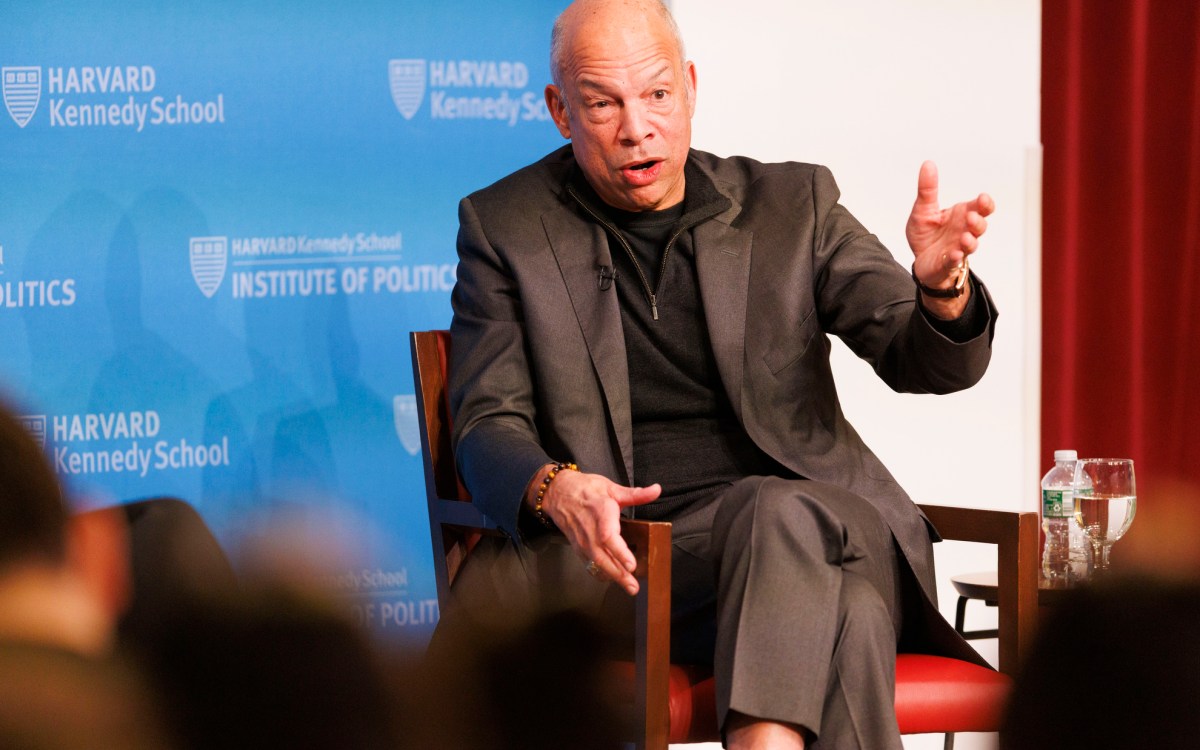Power co-generation comes to Harvard-owned Doubletree by Hilton
An environmentally friendly co-generation system was recently installed at the Doubletree by Hilton in Boston. Co-generation, also known as combined heat and power, is an environmentally friendly way to generate electricity, because the heat created during that process is captured and put to good use – such as heating a building. In a conventional power plant the heat generated during the creation of electricity is dispersed into the environment and simply lost.
Harvard University, which owns the Doubletree by Hilton, is always looking for ways to help meet its greenhouse gas reduction goals. So, when a conventional hot water boiler at the hotel needed to be replaced, it became an opportunity to reduce the environmental footprint of the property. The result was a power purchase agreement with American DG to install and operate a co-generation system. “We’re very excited about this system, which will generate enough energy to supply 10 – 15% of the building’s annual electricity requirement,” said Joe Gregory, assistant director for sustainability at Harvard Real Estate Services. In addition, the heat generated through the on-site electricity production is used to meet the building’s base load (space heating, hotel laundry and domestic hot water) and is then supplemented by other heating equipment as required.
This arrangement makes sense from both fiscal and sustainability perspectives. Rather than incurring the capital expense of purchasing a new boiler, Harvard now purchases efficiently generated electricity and heat from American DG. “Because the electricity created this way is cleaner than that supplied through the grid, it will reduce the hotel’s production of greenhouse gas by at least 175 MTCDEs/year,” said Ted Mayer, assistant vice president for Harvard’s Hospitality and Dining Services. “This is a win for Harvard and a win for the environment.”




